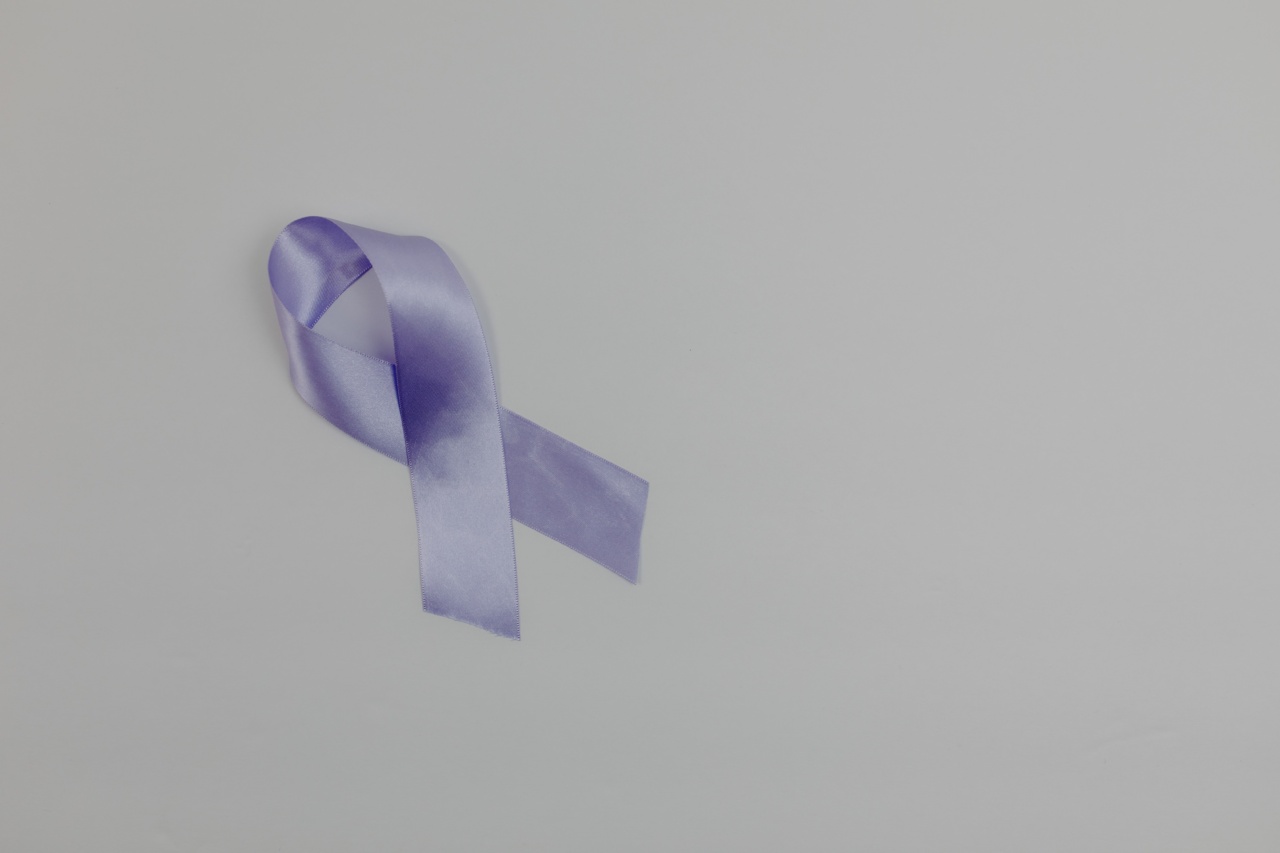When it comes to health and wellness, most people are familiar with common issues like heart disease, diabetes, and cancer. However, there are a multitude of rare and lesser-known diseases that affect individuals across the globe.
Despite their low prevalence, it is important to understand and advocate for those living with rare diseases. In this article, we will explore the importance of awareness for rare diseases and how to do your part in advancing the cause.
What is a Rare Disease?
A rare disease is defined as a condition that affects fewer than 200,000 individuals in the United States or less than 1 in 2,000 individuals in Europe.
While individually these diseases may not affect many people, collectively they impact a significant portion of the population. In fact, there are over 7,000 rare diseases that affect over 400 million individuals globally.
Challenges for Those with Rare Diseases
Individuals living with a rare disease face unique challenges that are often not addressed in the healthcare system.
Due to their rarity, many rare diseases are poorly understood, meaning that they often go undiagnosed or misdiagnosed for years before correct treatment can be administered. Additionally, because of their low prevalence, there is a lack of research and development for treatments for many rare diseases. Without adequate funding and awareness, it is difficult for those living with rare diseases to access the care they need.
The Importance of Awareness
One of the biggest barriers for individuals living with rare diseases is the lack of awareness surrounding these conditions.
Without awareness, it is difficult for these individuals to advocate for themselves, access appropriate healthcare, and educate others about their condition. Additionally, awareness campaigns can help to foster a sense of community among individuals with rare diseases and their families, reducing isolation and improving mental health.
When rare diseases are known and understood, those living with them can receive the care and support they need to live fulfilling lives.
How You Can Help
Advancing awareness for rare diseases starts with individuals who are committed to the cause. Here are some ways that you can get involved:.
1. Educate Yourself
As with any cause, education is key. Start by learning about different rare diseases and understand how they are diagnosed and treated. This knowledge will empower you to advocate for those with rare diseases when the opportunity arises.
Websites from medical associations and advocacy groups are valuable sources for learning about rare diseases.
2. Use Your Voice
Social media is a powerful tool for spreading awareness about rare diseases. Share informative articles on your social media channels and use popular hashtags like #RareDiseaseDay to contribute to the conversation.
Volunteering your time or donating to rare disease advocacy groups can make an even bigger impact.
3. Advocate for Change
Rare disease advocacy groups work tirelessly to advocate for change in healthcare policies that will benefit those living with rare diseases.
Consider reaching out to your local representatives or organizing letter-writing campaigns to advocate for change in healthcare policies or increased access to research and development funds.
Conclusion
Advocating for those living with rare diseases requires a concerted and collective effort. By educating ourselves, using our voices, and advocating for change, we can make a significant impact in the lives of those affected by rare diseases.
When we work together, we have the power to shed light on these often-overlooked issues and create a more supportive and inclusive healthcare system for all.























